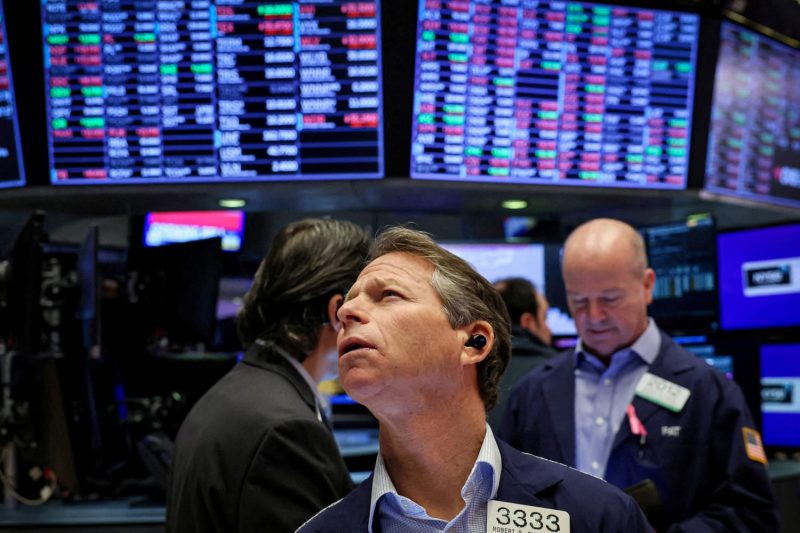Understanding the Stock Market’s Inflation Freakout: Rationality Amidst Uncertainty
The world of investments – particularly the stock market – is often a swirling blend of alarm, excitement, and anticipation. Recently, the stock market has been undeniably volatile, with widespread fears centered on the prospect of inflation. Despite the headlines declaring panic, it’s imperative that investors remain calm and informed. Analyzing the trajectory of the stock market, the role of inflation, and how these factors intertwine is crucial for maintaining a well-composed mindset in the face of perceived market pandemonium.
Inflation and the Stock Market: Interlinked Dynamics
To comprehend the market’s ‘inflation freakout,’ it’s necessary to grasp the relationship between inflation and the stock market. Fundamentally, inflation equates to the general increment of goods’ and services’ prices over a specific duration. When inflation rates rise, corporations often resort to raising product prices to maintain profit margins. At the same time, consumers’ purchasing power goes down, leading to reduced consumption. Reduced consumption means fewer profits for companies, which in turn, if prolonged, tends to depress share prices. This is the basic belief that’s causing investor angst as inflation rears its head in the current economic climate.
However, on the flip side, some degree of inflation is considered healthy for the economy. It’s usually an indication of increased spending, which can signify a strong economy. When viewed from this perspective, inflation should boost corporate profits, leading to an increase in stock prices. Therefore, it’s not always a direct negative correlation between inflation and the stock market.
Parsing the Fear From the Facts
Despite this understanding, why does the stock market ‘freak out’ over inflation? The answer is primarily psychological. The stock market often behaves like a risk barometer, reflecting investor sentiment more than actual economic data. Inflation scares can trigger panic selling due to fear of potential economic slowdown or policy changes that may curb corporate profits.
However, remember that market volatility is ordinary. Market fluctuations aren’t always a reflection of the underlying business. Often, they’re more indicative of investor sentiment at the moment. If a company remains fundamentally strong and well-managed, inflation alone isn’t likely to cause it to falter.
Mature investors understand that the stock market is not a linear line of relentless growth but a journey with peaks and troughs. While inflation can lead to temporary market corrections, history has shown that the market generally trends upwards over time.
Investor Reaction to Inflationary Fears
Regarding stimulus-induced inflation, investors may worry that the government might combat this by raising interest rates. Higher interest rates make borrowing more costly, slow economic activity, and put downward pressure on stocks.
However, many experts advise that investors resist the urge to make significant changes to their portfolios based on inflation fears. Chasing market trends is rarely a sound strategy.
Instead, consider focusing on long-term investing strategies, incorporating inflation-resistant assets such as real estate and commodities into your portfolio, or targeting companies that have a track record of thriving during inflationary periods. Alternatively, diversification across different asset classes and geographies can serve as a buffer against market volatility.
It’s key to remember that the stock market is a reflection of the economy’s overall health and not just inflation. Therefore, while it’s appropriate to pay heed to inflation, overreacting to its supposed negative impact can result in poor investment decisions.
So, in the face of the stock market ‘freakout’ about inflation, it’s advisable to further understand the intricacies, remain rational, dismiss the noise, and maintain focus on individual investment goals. The market has faced similar periods of inflation in the past and emerged robustly. As the saying goes, ‘this too shall pass’ – the market will find its way, and inflation fears will eventually subside.




